This week is Neurodiversity Celebration Week.
To commemorate this, we are celebrating neurodiverse musicians, performers and creatives who have navigated successful and accomplished careers.
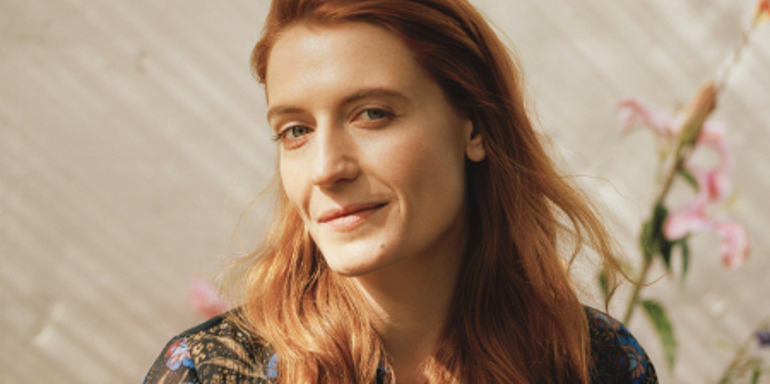
Image source: Vincent Haycock
Florence Welch
Florence Welch is a British singer, and the lead vocalist and songwriter in Florence and the Machine. The band's debut album Lungs was released in 2009, and spent 28 weeks in the UK Albums Chart, before winning a BRIT Award for Best Album. Their fourth album, High as Hope was released in 2018, and has sold over 1 million copies worldwide.
“The fact that I work in a creative industry probably helps. We dyspraxics think in a different way”
Florence was diagnosed with dyspraxia, dyslexia and dyscalculia as a young girl. Speaking about her neurodiversity, Florence said that in her first paid job as a barmaid, she felt a “sting of shame” when her manager called her out for her inability to count the change when serving customers. In response, she created her own way of counting the change - to learn the shape of each coin in her hand, and apply a geometric value to it. In the end, she says, she became "a pretty good barmaid".
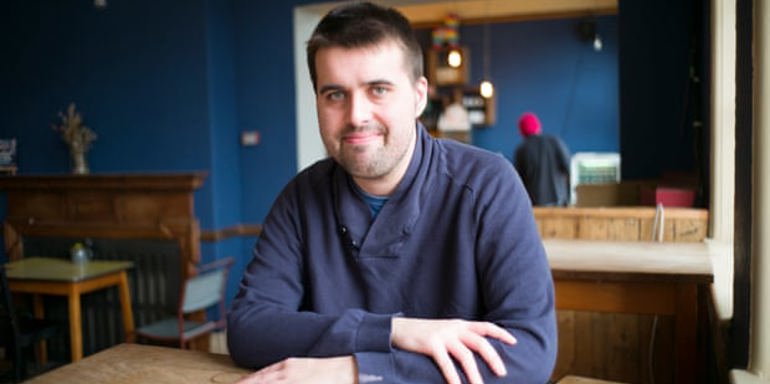
Image source: Graeme Robertson/The Guardian
Cian Binchy
Cian Binchy is an actor, performance poet and autism consultant for film and theatre productions. Cian works alongside Access All Areas, an award-winning platform dedicated to theatre created by disabled and autistic artists. He has featured on ITV show The Level, and in 2015, won the Vault 'People's Choice Award'.
“You need to see yourself up there in order to be more confident and know that you’re also included in society. There are so many amazing performers with learning disabilities and autism out there who deserve an opportunity to show what they can do”
In his teens, Cian noticed how he was treated differently from his non‑disabled classmates. “I hated watching all the other teenagers walking off to the local school, with me being stuck on this minibus.. It was embarrassing, like segregation.” Cian notes that he also felt there were times he was overprotected, such as being followed too closely by support staff when learning to do things independently. Cian says it is important that neurodiverse performers don’t compare themselves with others. “Everyone is an individual,” he says. “We all have different talents and what you do will be unique.”
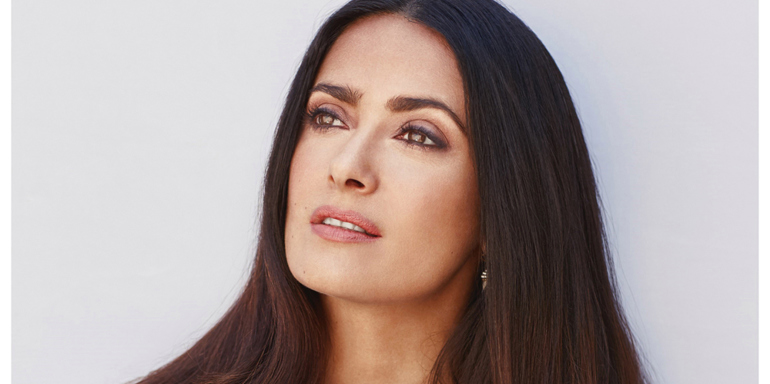
Image credit: John Russo
Salma Hayek
Salma Hayek is a Mexican and American film producer and actress. Her breakthrough role in 2002 was the role of Frida Kahlo in Frida, for which she was nominated for a BAFTA Award, an Academy Award, Golden Globe Award and Screen Actors Guild Award. She has since starred in major feature films such as Puss in Boots, Tale of Tales and The Hitman's Bodyguard.
“I’m very lucky I didn’t have it easy, because I’ve learned so much from having to figure out everything on my own and create things for myself. Now I can teach what I’ve learned to the next generation”
Salma had always struggled with reading, but was a capable student. It wasn't until she was a teenager that she was diagnosed with dyslexia. On her dyslexia, Salma says “I’m really a fast learner. I always was, which is maybe why in high school they didn’t realize I had dyslexia. I skipped years without studying too much”. Despite a difficult start to her career in Hollywood, Salma was determined to not let her dyslexia hold her back, and started landing major acting roles in feature films.
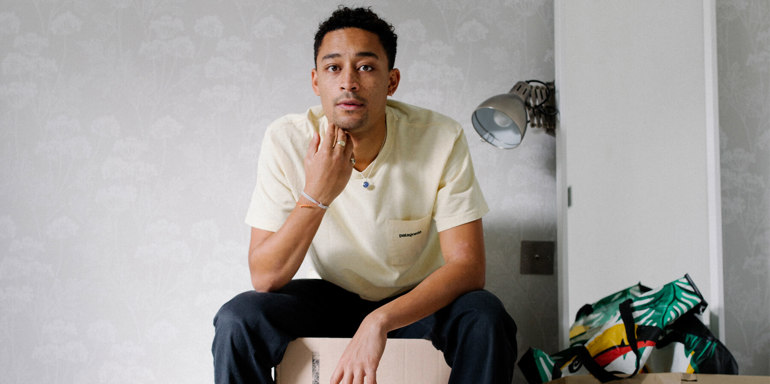
Image Source: Practise Music
Loyle Carner
Loyle Carner is a Hip-Hop artist from South London. In October 2015, he played on Huw Stephens' BBC Radio 1 show as part of their Piano Sessions series, before supporting American rapper 'Nas' at the O2 Academy Bristol. Loyle released his debut album Yesterday's Gone in 2017, which was awarded 'Album of the Year' by The Independent. In 2018, he received two Brit Award nominations for British Breakthrough Act and British Male Solo Artist.
“There’s unlimited positives to ADHD. I feel very deeply, and I’m very emotionally charged and impulsive. I’m energetic. I bounce around, and when you’re playing shows as a musician or trying to be creative, it helps. Things come out of me. I don’t think about them, because I have ADHD—and that’s the beauty of it. If I write, I write what I feel"
During his school years, Loyle was diagnosed with ADHD. “I just thought I was this wrong and crazy kid and no one else understood”, he says. “If I could have looked at someone who was 20, or 22…. I didn’t know anyone older with ADHD and I didn’t know what prospects I had. Like, do I go off and start whittling wood into benches?” Despite feeling ambivalent about the diagnosis, Loyle openly accepts his ADHD, and believes it is important to his character that he embraces it. “It makes me who I am—it’s the only reason I make music, play shows, and can make people laugh"
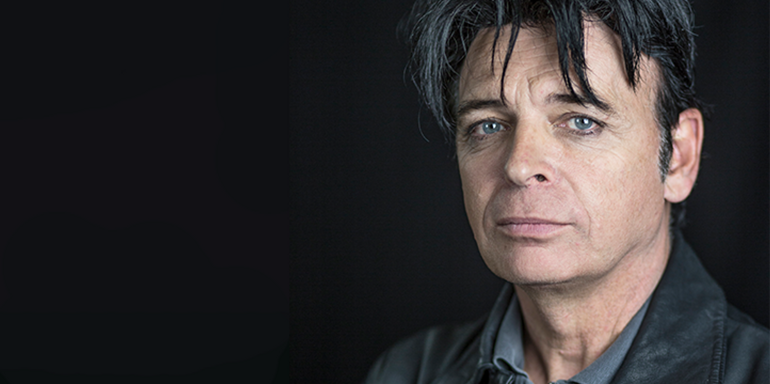
Gary Numan
Gary Numan is an English musician, singer, songwriter, composer, and record producer. He made the first steps in the music industry as frontman of New Wave band Tubeway Army. After releasing two albums with Tubeway Army, he released his debut solo album The Pleasure Principle in 1979, which topped the UK Albums Chart. Some of his greatest hits included 'Are Friends' Electric?' and 'Cars' which hit number one in the UK charts.
"On the whole, I think having Asperger's has been a good thing. It's given me a slightly different view of the world and I truly believe it helped get me through some hard times. I'd never wish it away”
Gary Numan was diagnosed with Asperger's around age 14. Despite having difficulties with conversations and social situations, he says his Asperger's has a positive impact on his musical career and life in general, and believes his unique perspective of life has influenced the music he has released - "So you're awkward and you don't interact socially very well, that's not much of a price to pay for what it gives you, it gives you that focus, it gives you that obsession, it means that you can, if bad reviews come in, just push it all to one side because that just gets in the way, you can just plough through that".
Find out more about Neurodiversity Celebration Week
Find out about our Student Services, where you can access Disability Support and Study Skills Support







